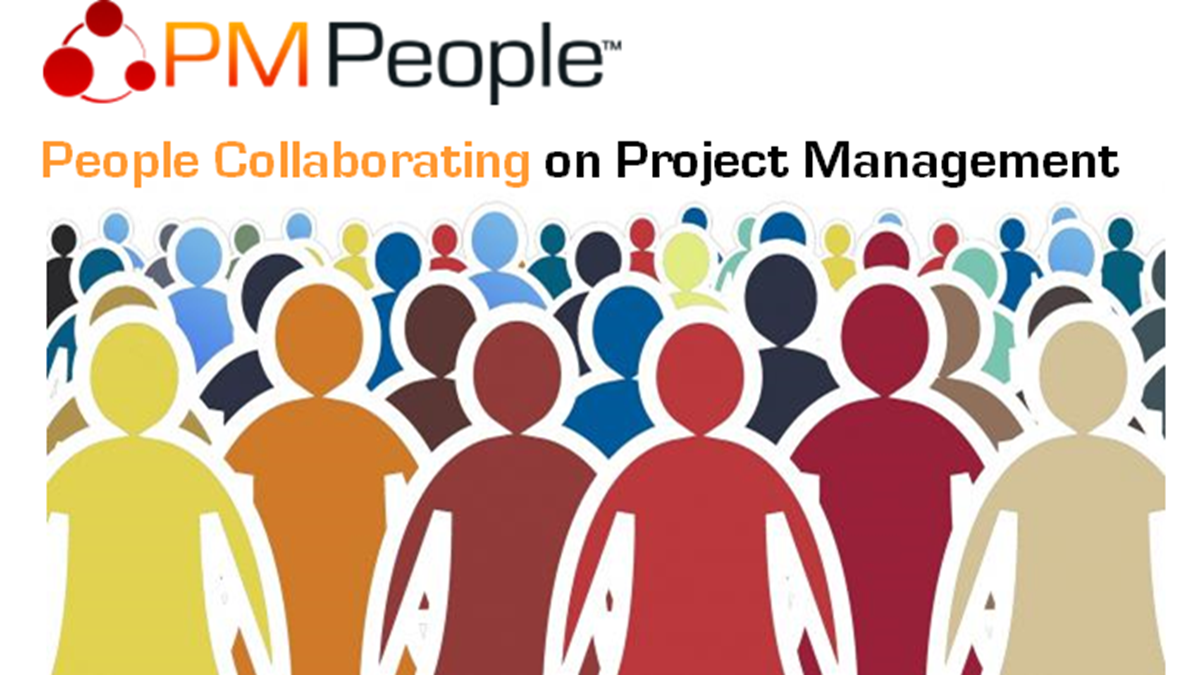Professional project management roles can be separated in two sides:
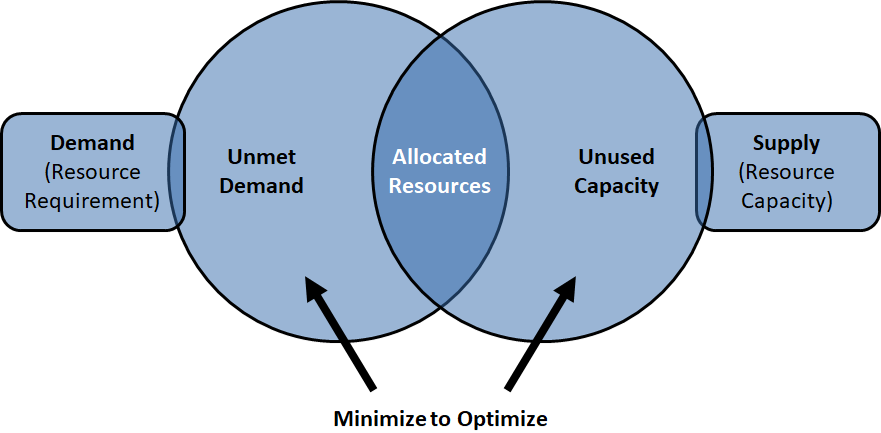
- Demand Management: People who propose projects and monitor performance.
- Supply Management: People who use human and material resources to execute projects.
This classification is taken from supply chain management. It helps to understand how the different players collaborate throughout the project lifecycle.
Firstly, all roles want to optimize resource utilization, assigning them to the most important projects.
Secondly, all players from demand and supply sides need to collaborate during the whole lifecycle.

Project Management stands between Demand and Operations Management. Projects can be divided into sequential phases, each of them managed as a project again, using processes from initiation to closing. In predictive projects, with most requirements clear from the beginning, planning is key. In adaptive or agile projects, final requirements are gradually discovered, continually collaborating with some stakeholders.
There are 11 different roles to collaborate professionally on project management:
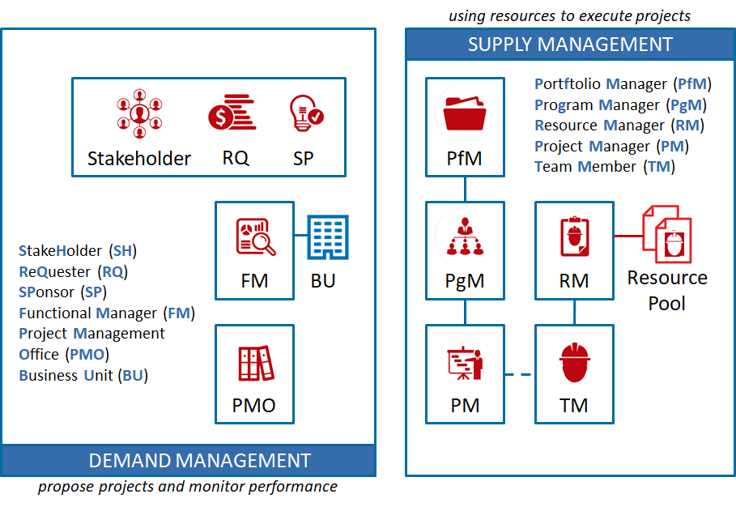
Demand Management Roles
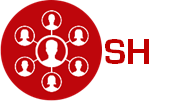
Stakeholder (SH): Project Stakeholders are the people who may affect, be affected by, or perceive themselves to be affected by decisions, activities, or outcomes of projects. Stakeholders are on the demand side because they need to monitor project performance to make sure it will meet their expectations.
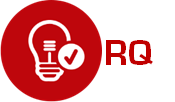
Requester (RQ): Project Requesters are the people who ask for new projects inside the performing organization. They work to get projects approved, follow progress, and collaborate to get it done. Requesters are on the demand side because they need to monitor project performance to make sure it will meet the business goals.

Sponsor (SP): Project Sponsors are the people who provide resources and support for the project and are accountable for enabling success. Sponsors are on the demand side because they need to monitor project performance to guide strategic decisions.

Functional Manager (FM): Functional Managers are the people with management authority over a Business Unit (BU). Any project belongs to one BU –if several BUs collaborate on the same project, one of them should be leading. Functional Managers are on the demand side because they need to monitor project financial performance, mainly.
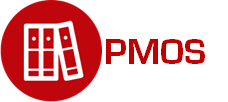
Project Management Office (PMO): People inside the Project Management Office (PMO) are the people who standardizes the project-related governance processes and facilitates the sharing of resources, methodologies, tools, and techniques. PMO people are on the demand side because they need to initiate projects and then monitor project performance. PMO role can see all projects and resources inside the organization. PMO has access to all features available for PM on each project, but also some other specific features.

Supportive PMO (PMOS): PMOS are the people who provide a consultative role and assist project managers on their day to day activity, especially those related to data recording and reporting. PMOS are on the demand side because, for the purposes or the PPM tool, they can do the same functions as the PMO role, but only for the projects they assist.
Supply Management Roles
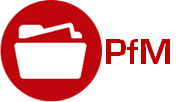
Portfolio Manager (PfM): Portfolio Managers are the people assigned by the performing organization to establish, balance, monitor, and control portfolio components in order to achieve strategic business objectives. A portfolio refers to a collection of projects, programs and other work that are grouped together –usually to deliver a solution– to facilitate effective management of that work to meet strategic business objectives. Portfolio Managers are on the supply side because they are accountable for strategic plan execution and strategic goals achievement.
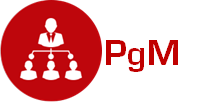
Program Manager (PgM): Program Managers are the people authorized by the performing organization to lead the team or teams responsible for achieving program objectives. A program is defined as a group of related projects –usually to improve a product– managed in a coordinated way to obtain benefits and control not available from managing them individually. Program Managers are on the supply side because they are accountable for benefit delivery throughout the whole lifecycle of the program or product.
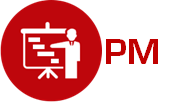
Project Manager (PM): Project managers are the people are the people assigned by the performing organization to lead the team that is responsible for achieving the project objectives. A project is a temporary endeavor undertaken to create a unique product, service, or result. Projects can be managed individually or grouped by programs or portfolios. Any project belongs to one Business Unit –if several BUs collaborate on the same project, one of them should be leading. Project Managers are on the supply side because they are accountable for the project conclusion achieving the project management goals: schedule, cost, funding, scope, quality, expectations met, value delivered, etc.

Resource Manager (RM): Resource Managers are the people with management authority over a Resource Pool. They are responsible to manage Team Members inside the pool. Resource Managers are on the supply side carrying out functions like hiring, professional development, training, incentive policies, leave management, absences, etc.

Team Member (TM): Team Members are the people who support the project manager in performing the work of the project to achieve its objectives. Team Members are on the supply side because they do the actual work in projects.
PMPeople is aimed to unify professional project management by these differential points:
- Designed by and for professional project managers, following professional project management standards.
- Online productivity –less meetings, less documents, less workflows– through distributed collaboration among 12 specialized roles: Organization Owner, 6 roles on demand management and 5 roles on supply management.
- Freemium product –unlimited time, unlimited users, only managers have to pay– usable via web and mobile application.
Start using PMPeople for free, for unlimited time and for any number of users. In premium organizations, only managers have to pay 20€ a month. Several roles –stakeholders, team members, sponsors and resource managers– are always free. You can increase or decrease your premium seats according to the organization actual needs. Premium organizations have access to our interactive support through Slack. Our servers are located in EU. This software can also be hosted on customer premises.
Jose Barato
Related posts
Categories
- Business (16)
- Demand Management Roles (14)
- Frequently Asked Questions (7)
- Guide (26)
- People (23)
- Assignments (2)
- Feedback (2)
- Project Team (3)
- Tracking Time And Expenses (2)
- Process (9)
- Closing (2)
- Executing And Controlling (2)
- Planning (1)
- Project Management (67)
- Management Frameworks (18)
- Organization Owner (OO) (3)
- Project Economy (54)
- Tools (19)
- Supply Management Roles (5)
- Training (6)
- Uncategorized (1)



